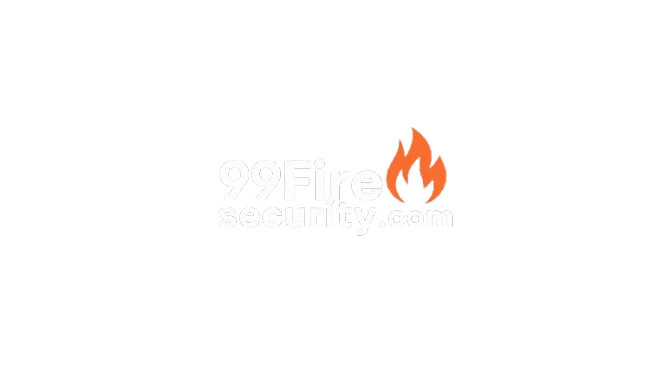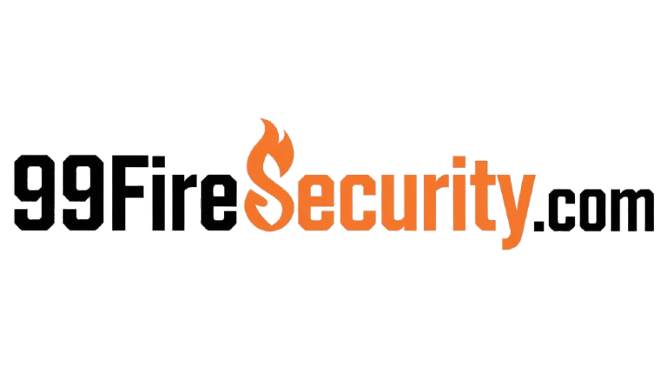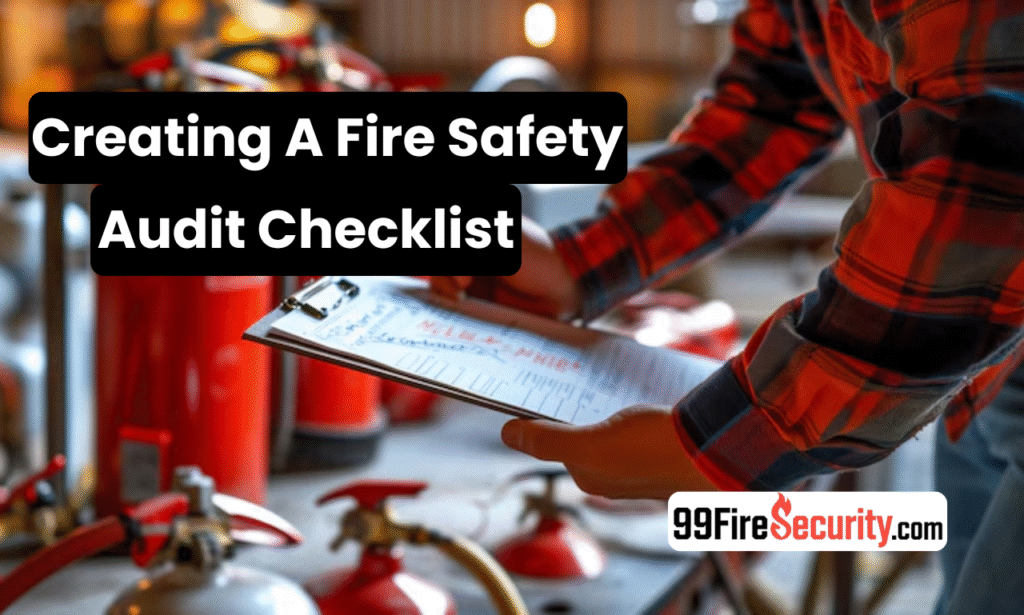Workplace safety is important. It is hard to avoid fire problems if no one is prepared. A fire audit checklist makes everything clear. It helps to keep the workplace safe. It helps people stay alert during a fire. If everyone is ready then loss can be less. A fire audit checks the fire safety system. A checklist helps check every place. It also helps find every tool. A fire alarm should be fixed in every area. Exit gates must stay open for escape.
A checklist shows who has duty. It also lists each person’s role. An audit finds where the risk is high. It shows what is working or not. Training shows what actions to take. The checklist shows which tools are old. The checklist shows what steps to follow. Each step helps reduce fire risk. A checklist lowers danger by a big margin. If your office is large you need a Workplace Every workplace must use one. This article shows a simple way to create it.
Identify risks
First, identify every hazard where there is a possibility of fire, check the kitchen, store room, check the electrical panel, check the wires, check overloaded plugs, check for broken switches, classify each area by marking the fire zone name each place, note the hazards, where the vehicle is petrol or diesel, take extra precautions keep papers, files, files.
Everything, check the paper near the heater and don’t cut the bottom AC wire. Also note the item, note the smoky place the place where the temperature is high, the vehicle is more likely to catch fire, write the details of each hazard in the checklist, write the name of the item, the name of the location, note how dangerous the hazard is this is the first step with a high-medium low mark it makes it easier to clear the rest of the steps, if there are any it is easy.
Check the fire equipment
- Inspect Fire Extinguishers
Fire extinguishers are the first thing to check. Find out where each one is installed. Check the expiry date. Check the pressure level. Check the extinguisher size. Identify if it is CO2 or foam type. Write all this data in your checklist.
- Test Fire Safety Tools
Check the fire blanket. Make sure the emergency light is working. Check the alarm system. Ring the fire bell to see if it works. Open the control panel. Check each function properly. Verify the sprinkler system. Make sure it is not blocked.
- Examine Exit and Signage
Check the hose reel pressure. Look at the fire exit signs. Every sign light should stay on. Signs must be easy to see. Test the backup battery. Make sure it powers all tools. Exit signs help guide people to safety.
- Record Tool Condition
Write the name of every tool. Note the location of each tool. Write its working condition. Add expiry date details. If any tool is missing, write the action needed. This record helps reduce fire risk.
Check for emergency exits
Start by opening all exit doors and checking for any obstructions. Doors must remain unlocked and should open easily without delay. Ensure all exit signs are clearly visible and well-lit. Conduct a light test to confirm the emergency lights function properly. Stairways must be clean, clear of debris, and accessible. Avoid using elevators during emergencies. Emergency routes should be straight, marked Workplace and barrier-free.If an exit is blocked, make sure there is an alternate route available. All staff should be aware of the exit paths and receive regular training on evacuation procedures.
Verify the electrical system
The main cause of fire in electric system is old wires which cause fire socket overload causes spark, fan wires loose and can cause fire, electric board can cause heat, AC or cooler overload can cause fire, this is done in audit by checking wiring, checking fuse box, checking main panel backup labeling of all system, labeling and checking system. Wires should be routed safely everywhere, no steel or wood board, no electrical tape. There should be fire tools in the electrical room, people should know the access rule, the name of electric items should be written in the checklist, the status of the system should be written, if there is a problem the solution should be written in the electrical system it is very important in fire safety.
Train your staff
Teach safety to all staff In the event of a fire, the train is the first and second priority and trained staff can control the hazard. The checklist should contain training details. Every month a record should be written. It is helpful in extinguishing fire.
Maintain records
Keep record of every audit, create file with soft copy, save it, keep hard copy, date of report, name of auditor, problem description, solution status, attach picture, update checklist, complete action item, mark it, keep fire drill data, make video record, note training expenses, keep repair expenses, to review monthly report, communicate with senior team by email if change monthly report inform all team Do, safety is a team effort, safety level from checklist. A clear record can help in the future when an inspection or accident occurs. Old records are very helpful.
Update regularly
The purpose of the checklist is to ensure that you are always prepared. Safety system is on in case of an emergency. If the system is active, the risk of fire is reduced. All device status is clear. New hires have a safety plan. Only then will the checklist be current and become part of the daily fire safety routine. Put the checklist on a print board, make it accessible to everyone, create awareness and keep staff alert.
Conclusion
Fire safety is very important in any office. A fire audit checklist helps you find all safety issues like hazards, tools, exits, and training. It makes sure everything is checked. If you have a good checklist, your staff will be ready. It can reduce damage and control panic during a fire.


